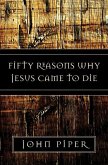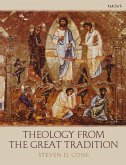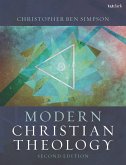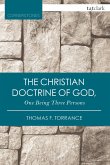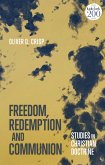Werner G. Jeanrond approaches hope from the perspective of a theology of love. He distinguishes human hopes from the hope which God has given to humanity. Jeanrond discusses the challenges of a Christian praxis of hope in today's world and invites both a new conversation on a future with God and a reassessment of the potential of hope for Christian discipleship. Jeanrond argues that memory is important for hope, and that nobody can hope for herself or himself alone. Hope thus invites personal, communal, political and global participation and transformation. Moreover, it gives rise to a powerful constellation of symbolic expressions, including judgement, heaven, hell, and purgatory, that call for ongoing interpretation. Ranging from radical hope and the hope for salvation, to the power of judgment and contemporary fears about the future of nations, humankind and the world, Jeanrond's latest work offers a theological contribution to the multireligious conversation on hope, death and the human future in our universe.
Hinweis: Dieser Artikel kann nur an eine deutsche Lieferadresse ausgeliefert werden.
Hinweis: Dieser Artikel kann nur an eine deutsche Lieferadresse ausgeliefert werden.


